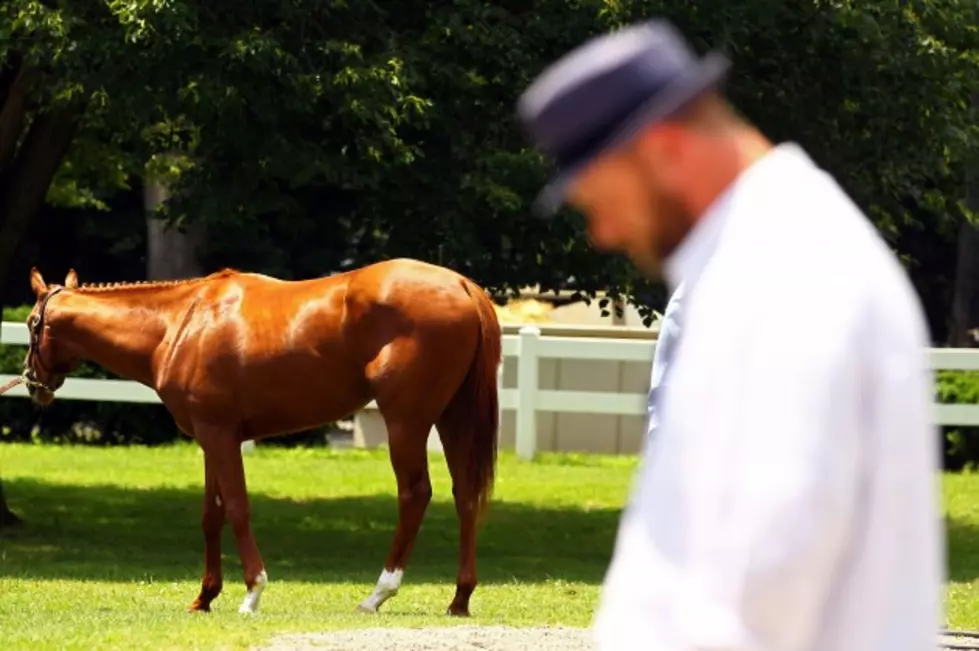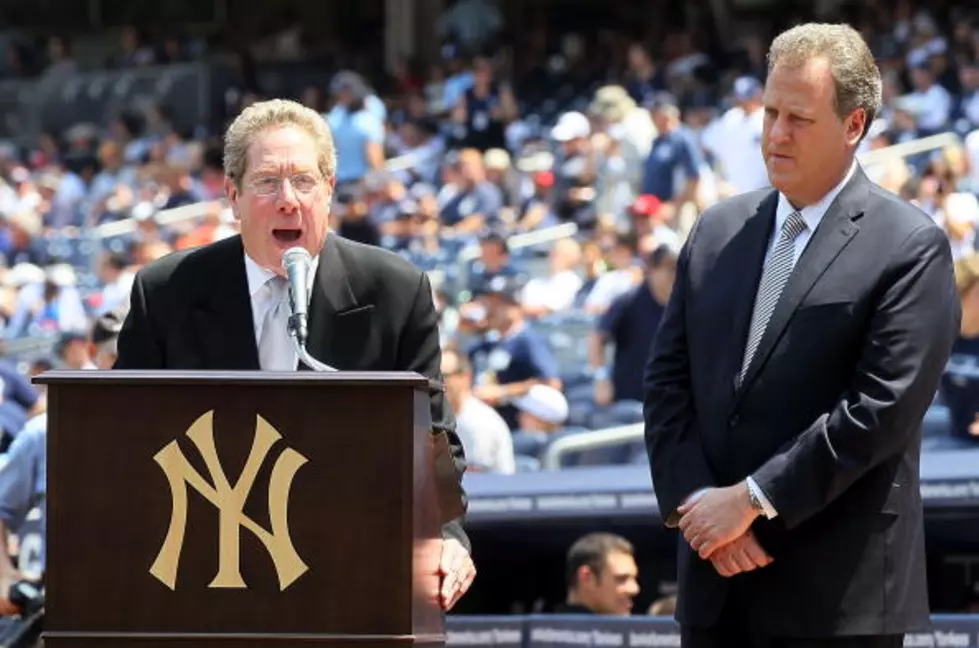
Can A Triple Crown Save Horse Racing?
There’s nothing Americans love quite as much as a comeback story.
Trans fats and political vitriol are close seconds, but make no mistake, resurrections are America’s newest pastime.
The thing about them, though, is they don’t happen often, and they’re damn hard work - no matter how easy Jason Voorhees or Spock or Ben Affleck’s career make them look. Most things that fall from grace lack what’s necessary to get back up. They either wither and die, or go on existing in some reduced state, mired in the quagmire, wistful for the good ole days.
Like horse racing.
A World War ago, the sport of kings occupied a stature such a moniker suggests. Along with boxing and baseball, horse racing dominated the sporting landscape. Today, though, save for the handful of legitimately royal owners, racing no longer stands on noble ground.
Surpassed in popularity by football and baseball and basketball and NASCAR and countless other sports, activities and distractions – like trans fats and political vitriol – horse racing today, on a national level, is little more than a niche sport.
Loved passionately by many, but ignored entirely by more – left to yearn for the type of attention it once enjoyed.
And so when Kentucky Derby winner California Chrome kicked away from the field and ran on to victory in the Preakness, the spirits of those left in the game rose, buoyed by the waters of hope – hope that a horse could win a Triple Crown for the first time in 36 years and bring to the game the type of media crush it hasn’t enjoyed in decades.
Hope that horse racing will soon be rescued from its relative anonymity, and restored to the power it once was.
But before we put the weight of an industry on California Chrome’s broad shoulders, let us accept this simple truth: racing is beyond saving – or, at the very least, is in need of more aggressive resuscitation than can be provided by a Triple Crown.



